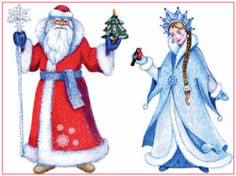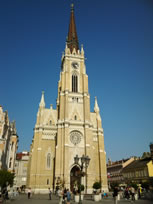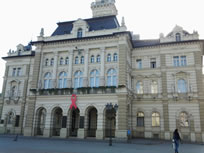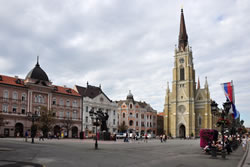I spent Christmas with my family at my brother’s house in Devon in the south west of England. His daughter is now 20 months old and it’s fascinating to see how she’s acquiring language.
The last time I saw her was at Easter this year when she was nearly a year old. At that time she was able to say a few words, but now she has a lot more words and little phrases, and understands more as well. Most of her words are in English, but she also uses some Russian ones (her mother is Russian) such as сок (juice), and even some BSL signs, such as thank you, picked up from baby signing classes.
As well as English and Russian, she’s picking up some French from the French nanny who looks after her a few days a week while her mother is working. So she is on the way to becoming a polyglot. Whether she’ll be as enthusiastic about languages as I am remains to be seen, but it will be very interesting to see how her language develops.
Do you have or know children who are being raised bilingually or multilingually? Do you have any tips and stories you’d like to share? Guest posts on this topic are very welcome.



